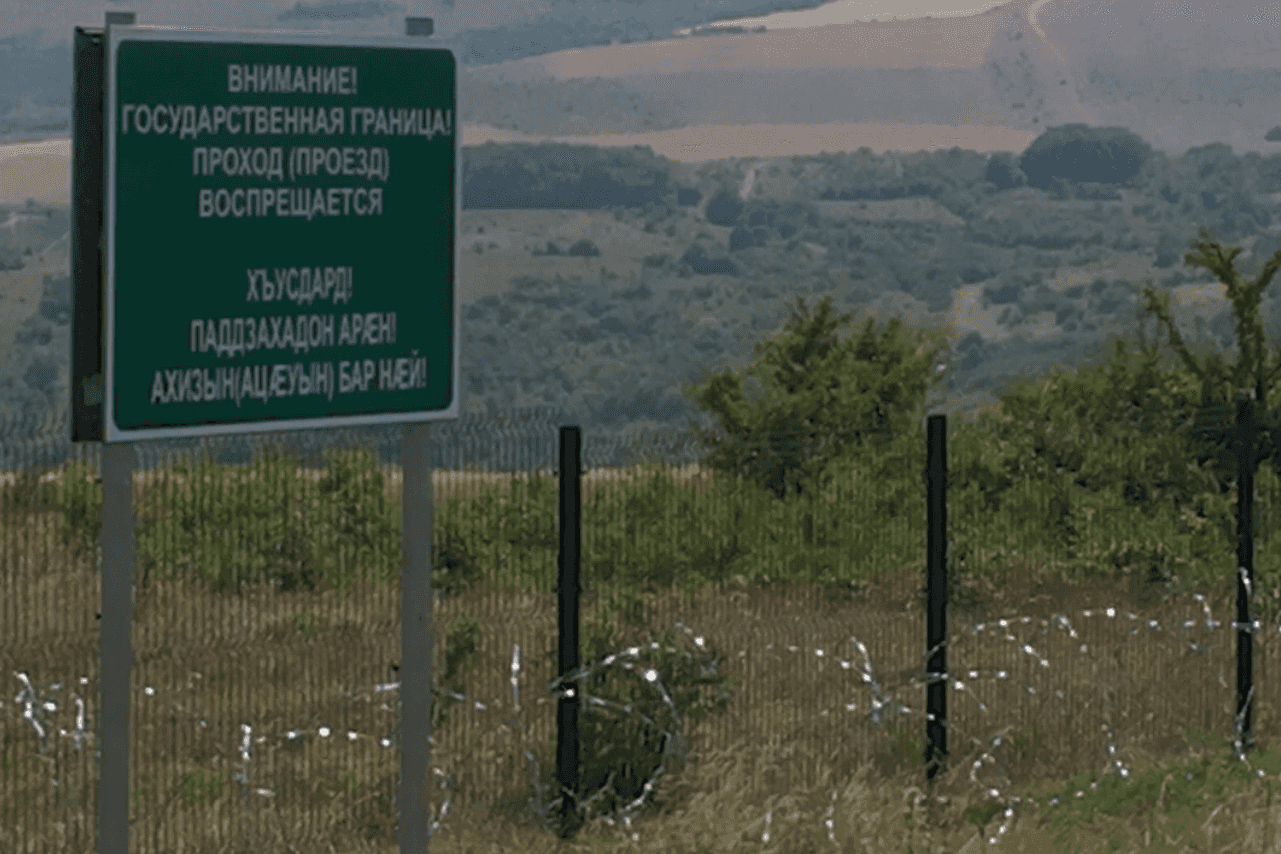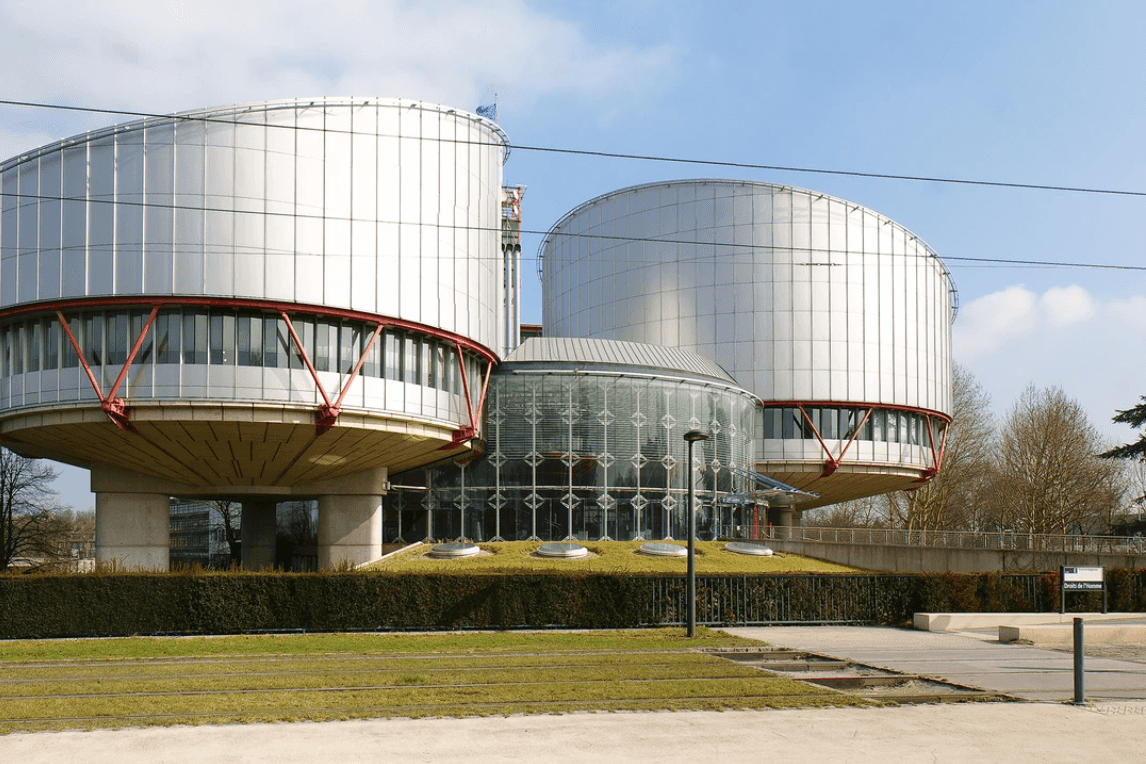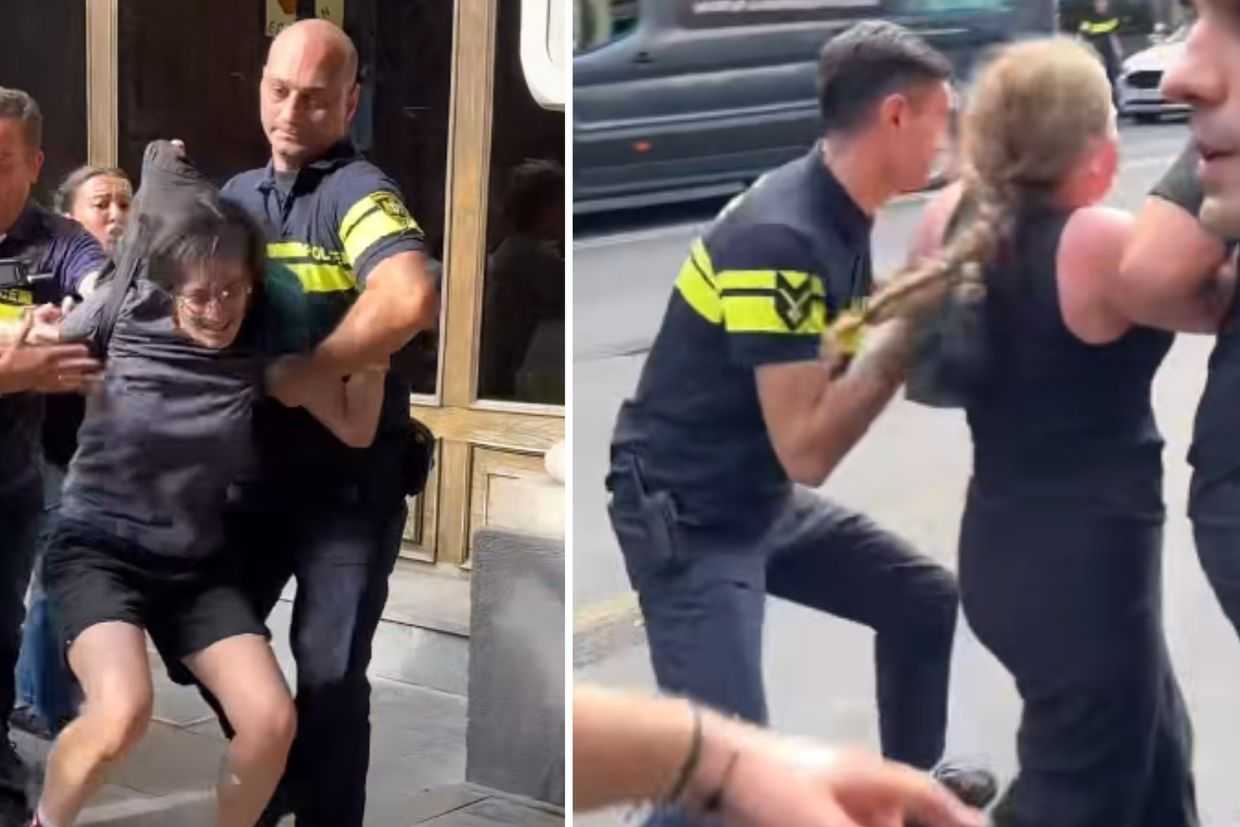
T G, 70 years old, Zardiantkari
‘When they started setting houses on fire, and burned down my cousins’ houses, we were forced to run away. We were afraid that they would burn us all. So we ran.’
‘We lived through the war in 1992. And then there was a war again in 2008. We had to run away for four years. I took my wife and children everywhere I went.’
‘We had terrible days in August 2008. We didn’t leave the village. There were shootings all the time. All the walls were shelled and the roof was full of holes. But we didn’t leave.’
‘When they started setting Disevi on fire, it was 13 August. We got very scared. And when they burned down my cousins’ houses, we were forced to run away. We were afraid that they would burn us all. So we ran.’
‘We walked the whole day until we reached Satemo. Then we went to Tserovani and someone sheltered us there, then we walked to Igoeti. My brother-in-law — he lives in Tbilisi — drove to Igoeti to get us. Eventually they took us to Gori and gave us a room in Lali Baiadze’s kindergarten. We spent quite some time there, at least three years or more.’
‘Sometimes we would sneak back to our village, but there was nothing there. Plants were burned. People were in a very bad state.’
‘I feel sorry for the village. Not only this village but the others around — Koshka, Gugutiantkari, Mereti — they’re all miserable. And the food, there are no apples. The orchards are all burned.’
‘It’s true that we are not dying of hunger, but people need money to breathe — to be able to plant saplings or fertilise trees. There is nobody to help us. At least during the time of Saakashvili they would distribute some flour, or macaroni, or oil. It has been quite a while since anybody helped us. No one pays any attention to us.’
‘Relationships are lost’
‘I worked in Tskhinvali for 12 whole years. I was a driver. I had excellent friends and great relationships. We often sat around the table together to eat and enjoy each other’s company.’
‘I have no idea what happened to them, there, on the other side. Many died, some probably left. The relationships are lost. We don’t know each other’s phone numbers. There’s no way for us to meet.’
‘People who have relatives in Vladikavkaz, they can call them. I really want to call [my friends] and rebuild our friendships. I hope some of them are still alive.’
‘Is it only up to the state?’
‘I think we should move forward. We can’t move backward, can we? I don’t know what the future will be like. Perhaps they [the politicians] may regain some common sense so that we can stay together and live well.’
‘Many people in the village have relatives on the other side. But these links are breaking since movement between the villages is impossible. The Russians don’t let them leave, and Georgians are not allowed to go there. Only Russians and Ossetians can go.’
‘You know what I think of the present situation? As far as I can see, they are just fighting each other in the parliament. If there is no peace in the parliament, how are they going to secure peace outside? What are we supposed to do? What can we do? Is it only up to the state?’
‘The authorities decide on everything and we are just the people of the state. Can’t farmers do anything? Does it even matter how much we talk? Why don’t they listen to us? They just eat and fight.’
‘I am not afraid of them. What am I afraid of? I have no fear. I am not in the [political] opposition. I go where good people are. The villagers are angry; they curse and swear. Who is voting for [these politicians]? I don’t really know.’
‘They are also people’
‘A police checkpoint divides the village into two halves. Zardiantkari Ossetians live up there. We’re very close, like family members. They are very sensible. Of course, they also want peace.’
‘How long do I have to run back and forth? They are the same people as we are, what are they supposed to do? If war starts, we will run and so will they.’
‘We managed to care for each other in the 1990s. We did everything we could to protect the houses of local Ossetians; not a single house was burned. We also protected them from being robbed. Of course they remember all of this. Of course they do. If I remember, so do they.’
‘I think, if the border opens and we can move freely, and if we aren’t afraid of them beating us up, then for sure we will meet someone, maybe an old friend or relative, and we will buy something from him, will sell something to him, and little by little the previous relationships will be rebuilt. It just takes time.’
‘They are talking now about opening a road in Khelchua. I think that they want it too. I’m not talking about Tskhinvali, but at least the villages want to have free movement. We would have feasts together, we would celebrate weddings, share sorrows, and have happy times with each other.’
‘God save us from war’
‘All we want is peace. We should move forward and take care of ourselves — it doesn’t matter who is full and who is hungry. I don’t rely on the government anymore. All I want is for them to respect people — our people in Koshka, Gugutiantkari, and Zardiantkari. We need support, someone who can stand beside us. A little bit of compensation, even ₾1,000 [$375] or ₾2,000 [$750] would help us, and this is nothing for [the authorities].’
‘I shouldn’t have to live like this. If I had been able to sell my apples for seven years — I used to harvest up to 800 boxes of apples — we would have been much better off. We’ve been here for three years and nothing has been done for us. This is the way we live and struggle. But God, save us from war. There is nothing worse than war.’
The article is an edited version of a story recorded by Goga Aptsiauri for George Mason University, with funding from USAID, and the UK Conflict, Stability, and Security Fund. All place names and terminology used are the words of the authors alone, and may not necessarily reflect the views of OC Media or George Mason University.









